Louisiana is on the verge of enacting legislation that would empower local police to arrest individuals suspected of being in the United States illegally.
This proposed law, inspired by a similar statute in Texas, signifies a growing trend among states to take immigration enforcement into their own hands.
The Introduction of Senate Bill 388

Senate Bill 388, introduced by GOP state Sen. Valarie Hodges, aims to criminalize the re-entry of deported illegal immigrants into Louisiana.
The penalties include imprisonment of up to a year and a fine of up to $4,000. This bill is part of Louisiana’s legislative efforts to tackle issues related to illegal immigration more aggressively.
Collaborative Efforts with Texas

A notable feature of SB 388 is its provision for Louisiana’s governor to create an interstate compact with Texas.
This collaboration aims to manage the influx of illegal immigration, which is perceived as a threat to the safety and security of Louisiana’s citizens.
Progress Through the Legislature
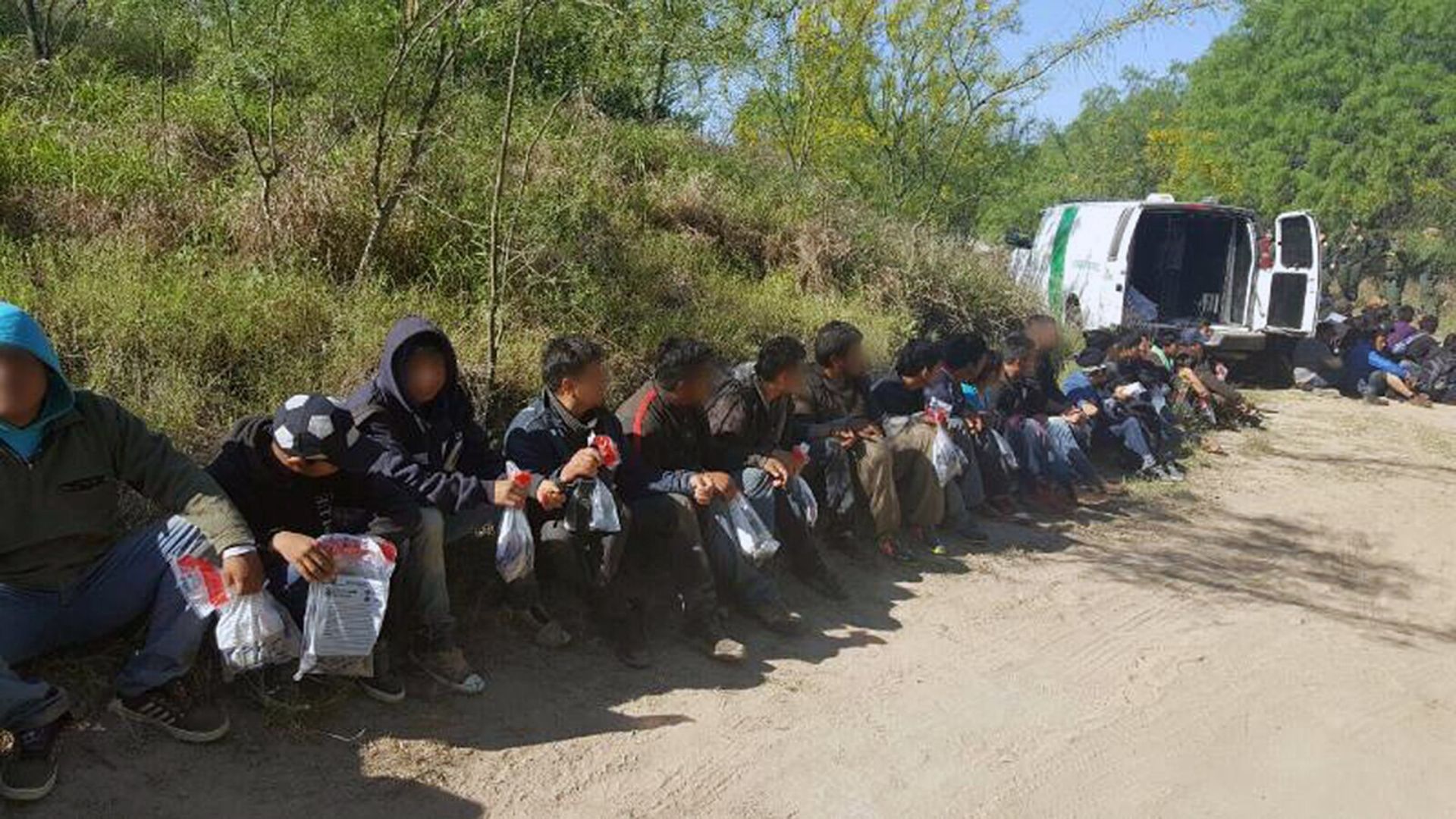
SB 388 has successfully passed through a Senate committee and is anticipated to gain approval from both the Republican-controlled legislature and the governor.
Sen. Hodges expressed the necessity of this bill, citing the federal government’s inaction on border security as a significant concern. She believes state-level action is essential to protect the citizens of Louisiana.
Criticism of Federal Immigration Policies
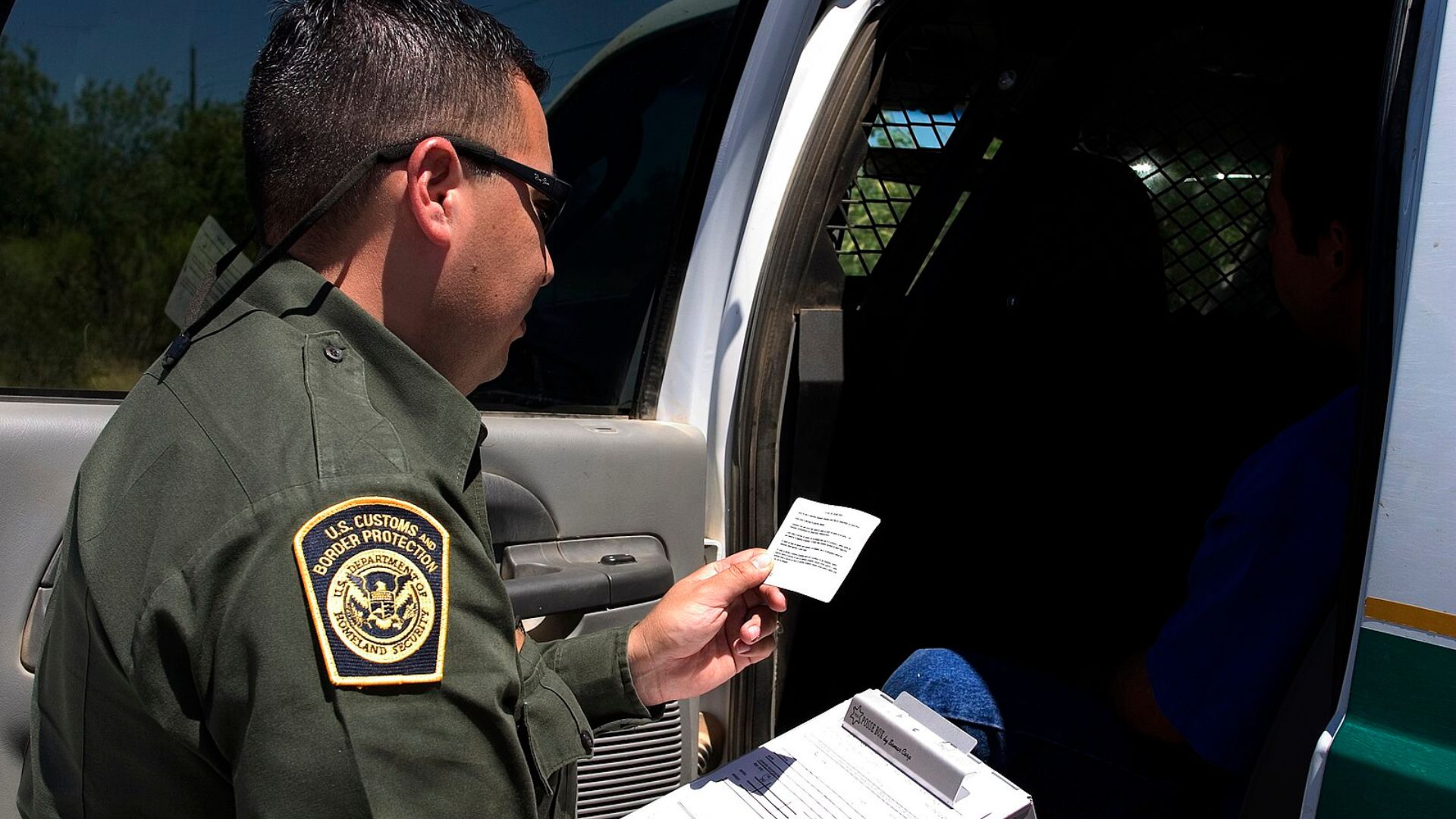
Sen. Hodges criticized the federal government for its handling of border security, comparing it to a homeowner’s right to secure their home.
She highlighted the risks of allowing unchecked immigration, including drug and human trafficking. Hodges’s comments reflect a broader frustration with federal immigration policies and the perceived lack of protection for state residents.
The Importance of Legal Immigration

The senator stressed the importance of a regulated immigration system, where individuals entering the country are vetted and registered.
This approach, she argued, is critical for ensuring the safety of Louisiana’s residents. Hodges advocates for legal pathways to immigration as a means to prevent crime and protect the state’s citizens.
Legal Challenges to Texas’ Immigration Law
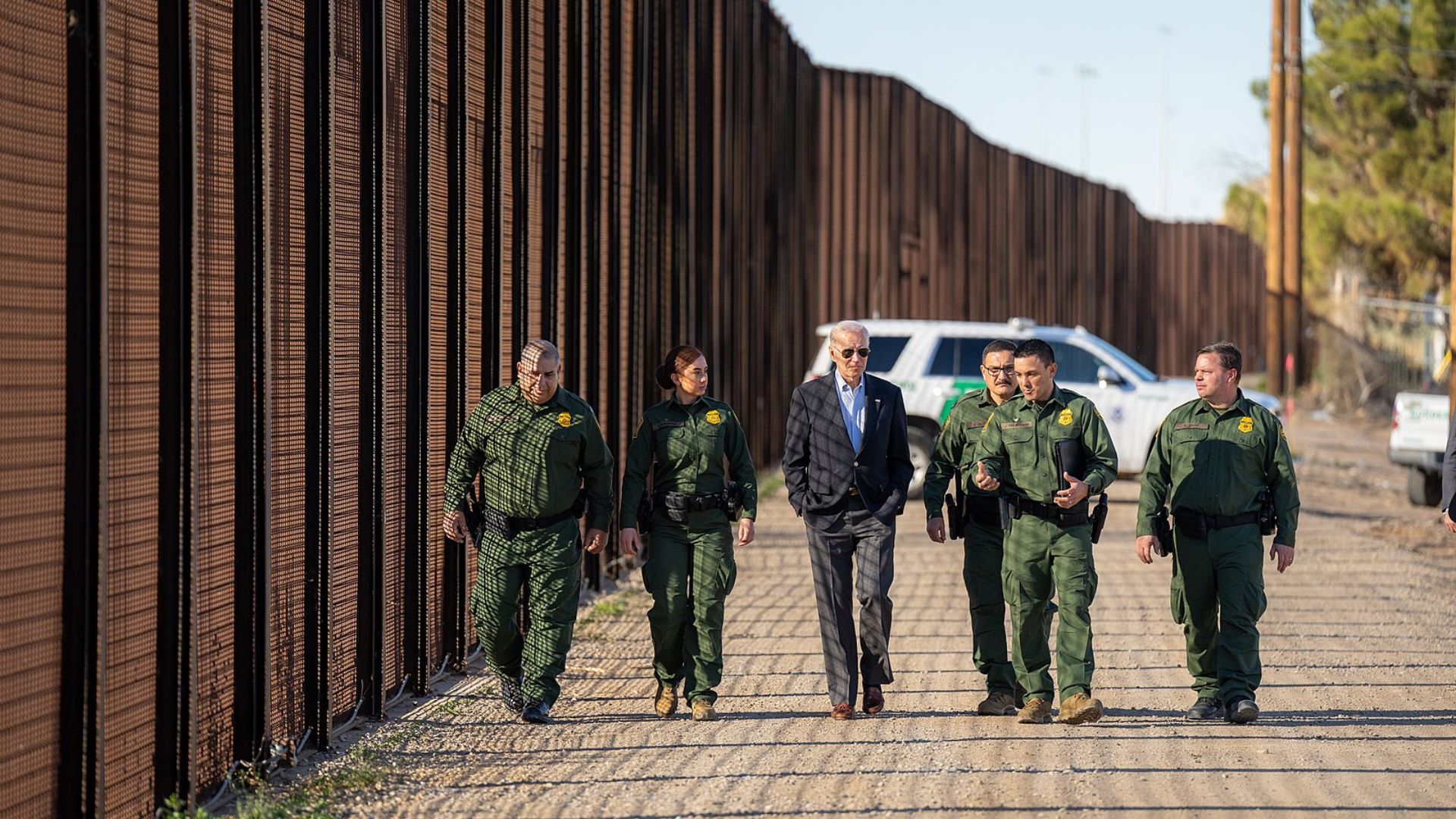
The inspiration for Louisiana’s bill, Texas’ immigration law, currently faces legal obstacles. The Biden administration has challenged the law, leading to its temporary suspension by the courts.
This legal battle demonstrates the contentious nature of state-level immigration laws and their potential conflict with federal authority.
Federal Response to Texas’ Law
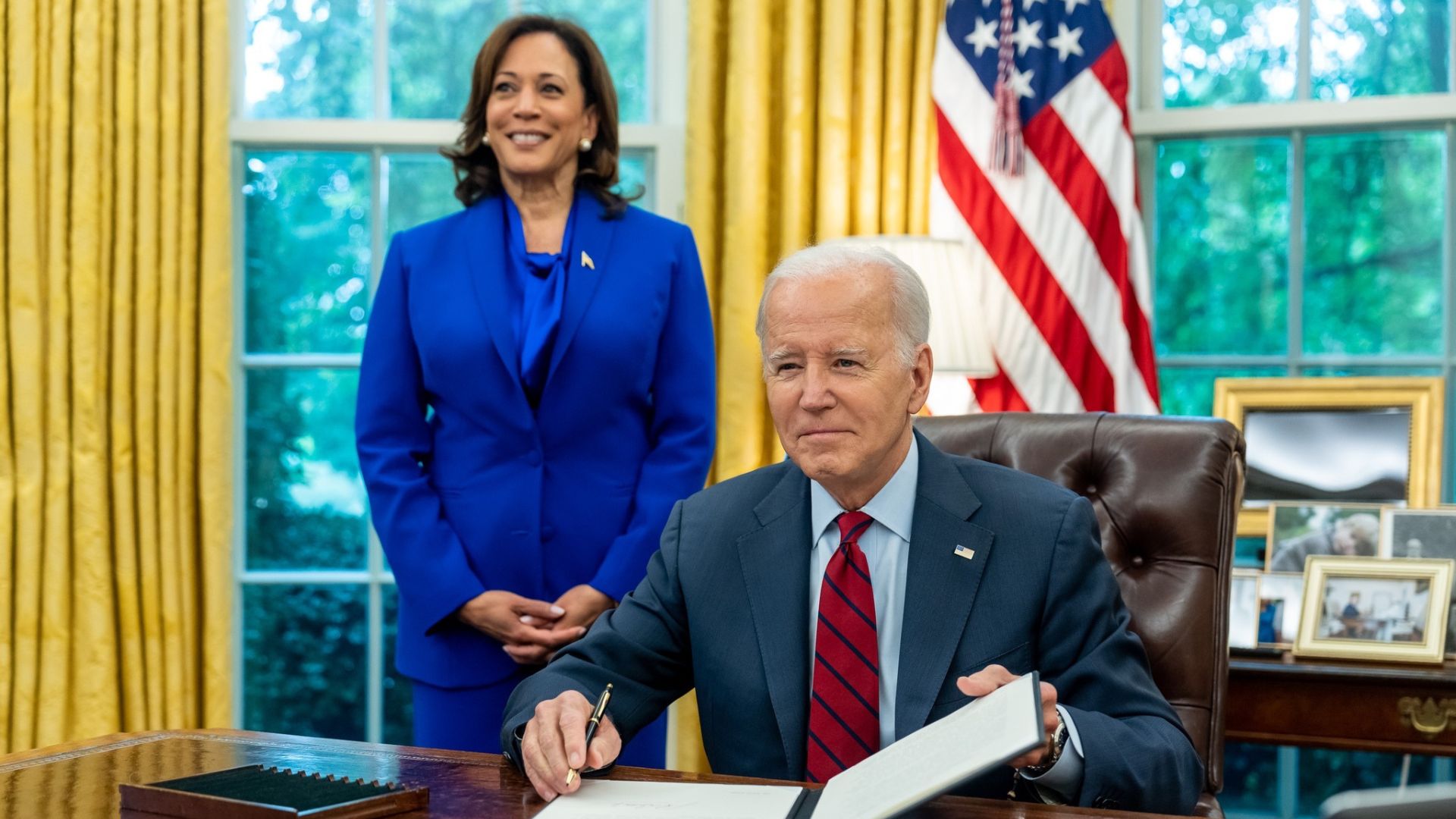
The Biden administration has argued that Texas’ law undermines federal immigration enforcement and threatens public safety.
White House Press Secretary Karine Jean-Pierre stated that the law creates chaos and burdens law enforcement, criticizing Republican officials for politicizing border issues and hindering effective solutions.
Growing Trend Among States

Louisiana is not alone in its efforts to enact stricter immigration laws. States such as Iowa, New Hampshire, Tennessee, and Oklahoma are also pursuing similar legislation.
This trend reflects a growing dissatisfaction among states with the federal government’s handling of immigration and the impact of the border crisis on state resources.
Impact of the Border Crisis
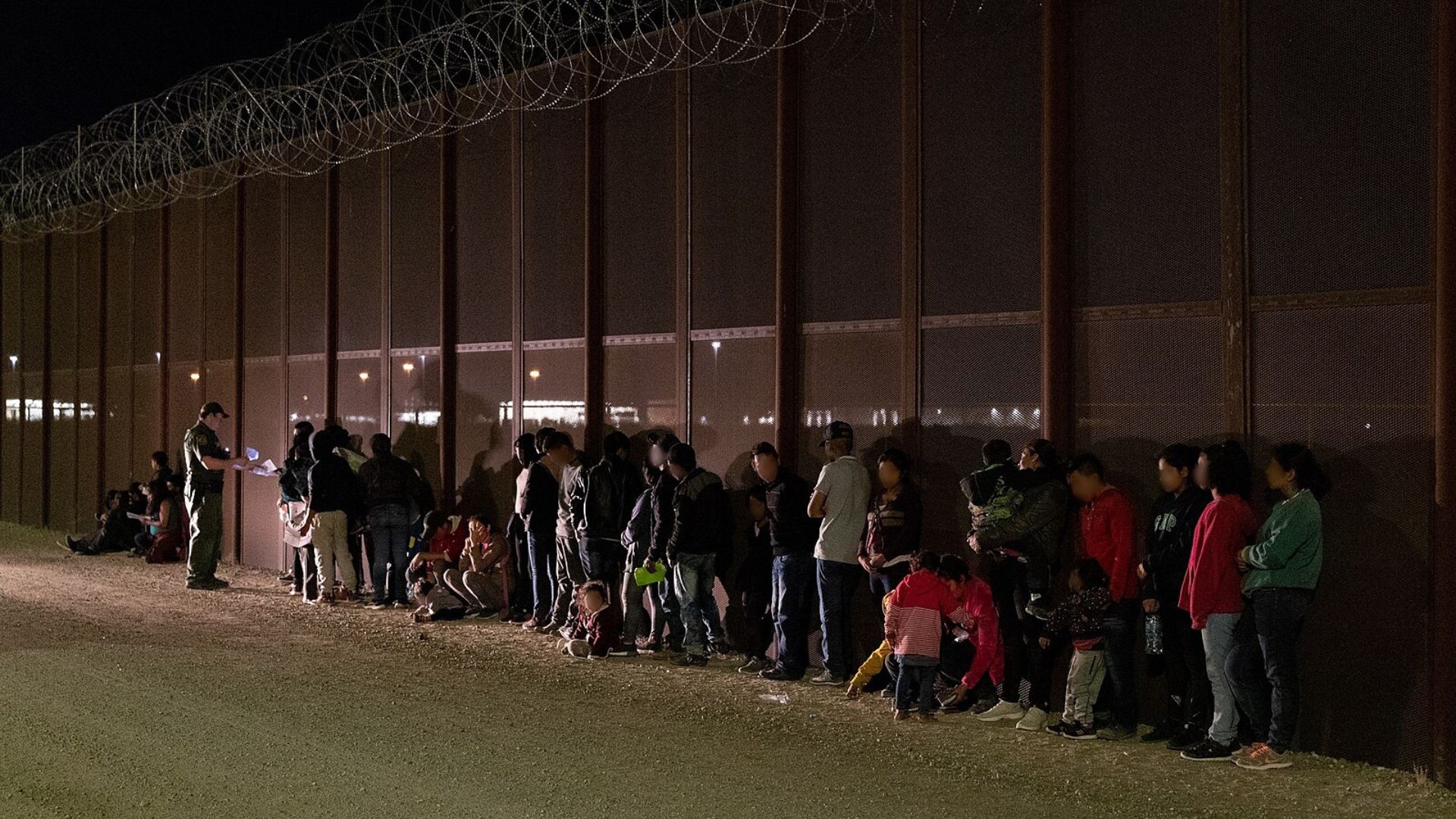
The ongoing border crisis has placed a significant strain on states, affecting social services, public safety, and other areas.
The Biden administration has called for increased funding and immigration reform to address these challenges. However, some states argue that the crisis has been exacerbated by policies enacted during the Biden administration.
State Sovereignty and Immigration Control

Sen. Hodges has expressed confidence in the passage of SB 388, citing the constitutional right of states to defend themselves against threats.
She believes that if the federal government fails to secure the border, states have the authority to take action. This perspective underscores a fundamental tension between state and federal roles in immigration enforcement.
The Broader Implications of State-Level Immigration Laws

As Louisiana moves forward with SB 388, the issue of state involvement in immigration enforcement remains a hotly debated topic.
The legal challenges faced by Texas’ law could have implications for similar legislation in other states.
